1. An Introduction to Social-Emotional Development (3hr)
Description:
More and more, people are equating social-emotional development with health and happiness throughout life, so how do we support this critical development in children? This workshop will review introductory concepts of social- emotional development, what children need to thrive socially and emotionally, and what we can do as caregivers and educators to support them best.
Objectives:
- Describe the process of social-emotional development.
- Explore what this developmental process looks like in practice.
- Review practical strategies for supporting social-emotional development in children 0-12 years.
2. Building Secure Relationships (3hr)
Description:
This three-hour workshop supports early learning professionals in applying the attachment model of early relationships in their learning and care environments. The attachment model that children develop in the early years of life becomes the base from which they will build all their relationships. While a child's attachment model begins with their primary caregivers, secure relationships with other significant adults in their life, like early childhood professionals, can have large positive impacts. Participants will walk away with a deeper understanding of different attachment behaviours in addition to strategies for supporting all children in creating a solid foundation for healthy, secure relationships.
Objectives:
- Describe the different models of attachment relationships and their relevance to early learning and care settings.
- Identify the long-term implications of each attachment model.
- Recognize and interpret attachment behaviours.
- Explore our individual responses to different attachment behaviours and their impact on our relationship with a child.
- Develop strategies to foster secure attachment in daily interactions.
3. Creating Boundaries around Children, Teens, and Technology (3hr)
Description:
This three-hour workshop supports caregivers and professionals in finding technology balance for children, youth, and themselves. Participants will be presented with perspectives from both sides of the screen-use debate, current research regarding children and youth’s relationship with technology and media, and strategies for healthy technology use.
Objectives:
- Recognize the positive and negative impacts of technology and media, specifically on children and youth.
- Review current research findings regarding marketing, sexting and sexual content, violence and aggression, and bullying.
- Identify strategies for finding a balance in technology use for children, youth, and adults.
4. Learning Through Play (3hr)
Description:
This three-hour workshop will explore play in all its forms. Participants will be encouraged to embrace play more fully both in children's learning environments and in their own lives. Looking at play through theory, examples, and hands-on fun, participants will leave with a complete view of play that can be used immediately with people of all ages.
Objectives:
- Describe the essential elements of play.
- Identify the many types of play humans engage in and learn from.
- Practice different types of play.
- Apply play observation skills that can be used for planning and documentation.
5. Pedagogical Practice: Planning and Playing (3hr)
Description:
Children’s learning is best supported through the exploration of their interests and opportunities for meaningful participation in their environment. Within this workshop, participants will explore the philosophy of the pedagogical process, also known as how we approach teaching and learning. Participants will discuss strategies for building collaborative learning relationships with children and concepts for support in observation, documentation, planning, implementation, and thoughtful, critical reflection.
Objectives:
- Describe how learning takes place through the pedagogical process.
- Discuss strategies to balance interacting and engaging with children while collecting meaningful observations and documentation.
- Brainstorm practices for creating curriculums that support and incorporate the pedagogical process.
- Practice asking thoughtful questions during play to promote critical reflection.
6. Promoting Equity-Centred Classrooms: Anti-Racism in Action (6hr)
Description:
Many schools are now doing the important work of implementing trauma-informed practices in their classrooms. Being trauma-informed, however, is multifaceted and requires us to highlight and address inequity. This one- day training supports educators in the ongoing process of creating equity-centred classrooms using a trauma-informed lens. Using real-world examples, participants will develop strategies for celebrating classroom diversity. This session requires participants to engage in active conversation and reflection. Come prepared to apply concepts and strategies to your specific school and classroom.
Objectives:
- Define terminology such as diversity, equity, allyship, and inclusion.
- Explain the difference between equality and equity.
- Reflect on and re-evaluate current practices in our own classrooms and the larger education system.
- Establish strategies, tools, and real-life examples that can be used in day-to-day classroom activities.
7. Reframing Challenging Behaviours (3hr)
Description:
This three-hour workshop will engage participants in exploring which child behaviours they find particularly challenging and why. With a focus on reducing the occurrence of challenging behaviours in the first place, this session will aid participants in developing strategies for addressing these behaviours while maintaining caring and understanding relationships with children.
Objectives:
- Describe the difference between discipline and punishment.
- Discuss underlying reasons and communications behind challenging behaviours.
- Explore strategies for responding to challenging behaviour.
- Understand ways to engage in daily preventative practices to reduce the occurrence of challenging behaviours.
8. Responding to Trauma in Early Childhood Development (6hr)
Description:
This one-day training focuses on the unique impacts that exposure to ongoing or repetitive trauma in childhood can have on the developing brain. Using a trauma-informed lens, signs and symptoms of trauma in children will be examined to better understand the needs behind these behaviours. Finally, participants will learn a variety of strategies for responding to and supporting children who may be experiencing trauma.
Objectives:
- Define and describe developmental trauma.
- Explain the link between Adverse Childhood Experiences (ACEs) and health outcomes. List possible signs and symptoms of trauma in children.
- Define and describe the principles of trauma-informed practice.
- Identify the main principles of trauma-informed practice.
- Propose trauma-informed strategies and effective practices when working with children.
9. The Brain Architecture Game (3hr)
Description:
The Brain Architecture Game is a fun and interactive way to engage community members of all kinds in the science of early brain development. Teams work together to guide a brain through all the positive, tolerable, and toxic stresses it experiences in its first eight years of life. A roll of the die determines the brain’s genetic starting point, the base from which it will grow and develop. Play progresses as team members draw cards to determine what their brain will experience that “year.” As their brain grows, the team keeps track of their brain’s journey in their life journal, which will become the basis of debriefing questions with the whole group.
Objectives:
- Observe how life experiences impact early brain development.
- Discuss prevention and intervention possibilities that could make a difference in brain development.
10. The Early Years of the Developing Brain (3hr)
Description:
A basic understanding of brain development is crucial for anyone who interacts with children, from parents to educators. And while brain science is extremely complex, there are pieces we can make very practical. This three-hour introductory workshop will outline what influences brain development in childhood, how the brain influences childhood behaviour, and what we can do to support healthy brain development. Whether you are looking to better support children in learning new skills, reduce challenging behaviour, or better understand your own brain, this is the session for you. While the information in this workshop is designed to apply to children 0-12 years of age, it is applicable to all ages.
Objectives:
- Broadly describe how the brain develops in the early years of life.
- Outline basic influences on brain development, both protective and adverse.
- Populate strategies for supporting healthy brain development in children.
11. Trauma-Informed Approaches to Guiding Behaviours (3hr)
Description:
It is often said, “Children are communicating through their behaviours,” so what might they be trying to tell us? The two basic motivators of human behaviour are safety and connection. Unfortunately, those are not feelings all children feel as they grow up, resulting in experiences of trauma. If we can create an environment and promote interactions that support these needs, then we may be able to reduce the observable behaviours that may be considered challenging. This three-hour workshop will discuss common trauma responses in children, strategies to create a space that fosters individual safety, and interactions that promote choice and control, with the goal of creating trauma-informed interactions.
Objectives:
- Identify signs and symptoms of trauma responses.
- Discuss strategies for creating physical, emotional, and cultural safety.
- Explore strategies and interactions to promote connection.
- Apply positive behaviour management strategies to guide children with a trauma-informed approach.
12. Trauma-Informed Classrooms (3hr)
Description:
Now more than ever, we are witnessing the impact of trauma on the students and families we work with and on ourselves as educators. Thankfully, the news isn’t all bad. There are strategies we can use to enhance and adapt our existing practices to respond to needs within ourselves, our students, and our colleagues. This three-hour workshop guides participants through the application of trauma-informed practices in the classroom. The use of stories and examples of how schools in Alberta and beyond are implementing these strategies provide real-world relevance that can be translated into individual practice.
Objectives:
- Articulate how stress and trauma impact learning and behaviour.
- Describe signs and symptoms of trauma that can show up in classrooms.
- List the principles of trauma-informed practice.
- Apply trauma-informed principles to classroom practices.
- Discuss real-world examples of trauma-informed classrooms.
13. Understanding ADHD in Children (3hr)
Description:
This workshop provides the foundational and practical knowledge educators and caregivers need on Attention-Deficit/Hyperactivity Disorder (ADHD) in children. Participants will explore what ADHD may look like in children as well as other experiences that can cause behaviours that look like ADHD. Strengths and opportunities that come with ADHD will be addressed along with common misunderstandings and myths. Finally, participants will discuss strategies for supporting children with ADHD in a variety of settings.
Objectives:
- Define ADHD and explore the terms and science related to humans living with neurodiversity.
- Identify areas of strength and challenge related to ADHD.
- List strategies for supporting children with ADHD.
14. Understanding Loss and Grief in Children (3hr)
Description:
In this three-hour workshop, you will explore how loss and grief affect children specifically and how to help children cope with loss. This interactive, research-informed workshop introduces the general concepts of loss and grief, addresses expected losses in a child's life as well as common grief reactions, busts myths surrounding the process of grief, and explores activities for supporting children through their grief process. This workshop is designed to help anyone who interacts with children - from parents to caregivers to teachers alike.
Objectives:
- Identify the most common losses in a child's life.
- Describe the most common grief reactions present in children.
- Discuss common myths surrounding how children grieve.
- Develop strategies to help children cope with grief.
15. Understanding Temperament (3hr)
Description:
This three-hour workshop will introduce participants to temperament - the physical, mental, and emotional traits of a person. Each of us has our own unique temperament which influences how we interact with the world around us. Participants will explore how their temperament traits match or mismatch with those of the children in their care and explain how to use this information to create and strengthen supportive relationships.
Objectives:
- Describe temperament.
- Identify temperament traits and their continuums.
- Recognize your own temperament and how it affects your interactions with children.
- Recognize children's temperament needs.
- Develop and practice strategies for supporting children's development within the bounds of their individual temperament.
Contact us
Address
7 Sir Winston Churchill Sq NW, Edmonton, AB, Canada
780-428-9465
info@imagineinstitute.ca
CONTACT
Imagine Institute For Learning
#624, 7 Sir Winston Churchill Square NW,
780-428-9465
Toll free: 1-877-652-1524
© Copyright 2023 | Imagine Institute for Learning


